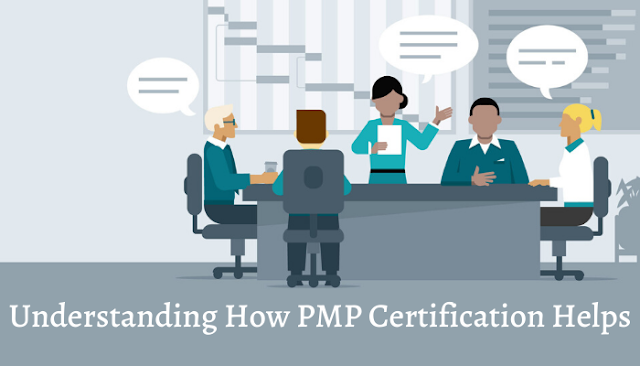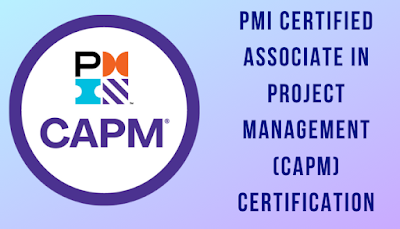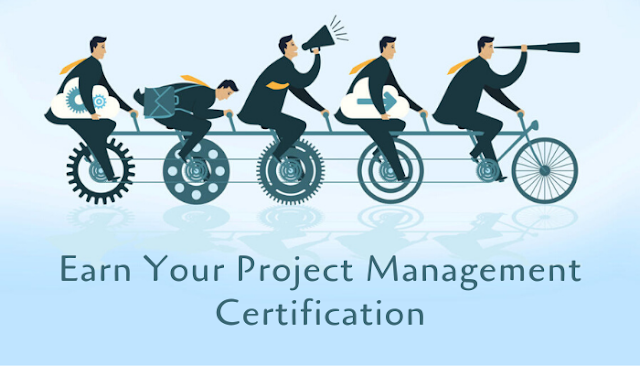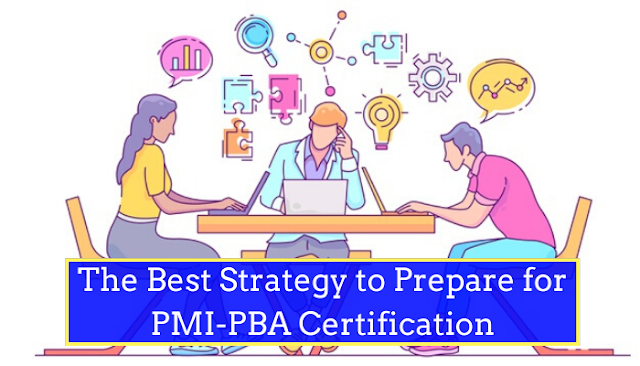What is the Program Management Professional (PgMP) Exam?
Program Management Professional are senior-level practitioners who handle multiple similar projects in a coordinated way. Their purpose is to support the organization’s strategic aims and objectives by achieving benefits and control that could not be achieved by managing individual projects independently.The Program Management Professional (PgMP) certification intimates that an individual has gained excellent experience beyond the skills required to manage different projects. This certification can provide a clear advantage in employment and promotion.
At this stage, there are over half a million Project Management Professionals (PMPs) out there. However, there are still less than 1,000 Program Management Professionals (PgMP). Having sat the PgMP exam and passed! I can understand why this is the case.
In terms of study, the PgMP requires a bit more material than PMP. However, there is a great deal of projection, so any PMP who is involved in moving to a higher-level will see that many of the concepts are familiar.
The overall program lifecycle includes initiating, planning, executing, controlling, and closing. There is also high stress on Stakeholder Management, which is very similar to what is included in the Project Stakeholder Management module of your PMP days.
There are lots of continuing processes, but they map pretty readily onto the methods you have studied in the Guide to the Project Management Body of Knowledge (PMBOK Guide). The different areas are strategy, profits management, and governance.
For Project Managers, strategy provides exciting insights into what happens at a higher level. Why are projects chosen? How are they funded? Why do some plans get canceled for no apparent reason? You will get what vision and mission statements are and how every effort in an organization is geared towards the fulfillment of the overall corporate strategy.
Even if you never achieve a program, some of these concepts can ease your project management work; for instance, taking the time to build a clear vision for your project can aid you in appreciating what the overall plan of your project is.
It often appears that Project Managers get so bound up in the day-to-day tasks of securing that deliverables are generated on time and within a budget that they forget what the deliverables are meant to contribute to.
The most significant difference in moving from project to program level is the change of importance from deliverables to benefits. The interesting concept is that the benefits provided by the program might be intangible.
An organization might offer a piece of work to improve its corporate image, or register trademarks on the off-chance that this product will set an industry think of Hoover, or Walkman, or, more recently, iPod.
For a PMP, it is interesting to see that the Governance Board is the body that makes Quality Audits, one of the tools/techniques of the Perform Quality Assurance process.
So even if you do not want to sit the Program Management Professional (PgMP) exam, doing a PgMP course will give useful insights and place your project work in an organizational setting. But if you do sit the PgMP exam, be prepared, it is even more of a test of character than the PMP!
Having four hours to complete 200 PMP questions tests your strength and consistency, but doing 170 PgMP questions in every four hours will test your endurance.
In your PMP exam, the most extended question was probably around ten lines long. This would be deemed a short question in the PgMP exam! Every question contains a scenario, and sometimes these can be twenty lines or more in length.
The frustrating thing is often, the question is included in the last line, and the rest of the scenario has absolutely no significance. However, in other cases, the situation is vital to zoning in on a proper answer.
Then the answer options can be frustrating. You might read the scenario and know what the right answer is. Then you search the four possible answers, and the correct answer is not there! What you need to do now is get the nearest answer.
The PgMP will also throw up ethics questions, so you will want to be familiar with the Project Management Institute’s Code of Ethics and Professional Conduct.
You should also be notified of answers containing spurious artifacts or activities, and if you have not learned of something, it could be the incorrect answer.
Benefits of Program Management Certification
1. Gives a Comprehensive View:
Program management is specially designed to provide a more comprehensive view of the organization’s activities. Program offices or PMOs usually run multiple projects that may span across the entire organization, covering many locations.The program managers will be able to analyze project requests and activities to ensure that projects or assets do not collide with one another and that there is no duplication of effort.
2. Helps to Achieve Strategic Goals:
Program managers will be able to evaluate significant activities of the organization to guarantee they are working towards achieving strategic business goals. Just because a project can be done does not mean the result will add value to the organization.Many problems, such as project governance and risk, can be achieved more successfully as the program team or the PMO coordinates applications and has an overall view of methods and progress that might not be apparent for individual project managers.
3. Program Management Provides Compatibility:
Every time a project is started in your organization, the project leader has to describe the process, the rules, and the modes of communication. With the aid of PMO, those processes are established for all projects in advance, and it is ensured they continue compatible from one project to another.This eases the project teams, as they do not have to waste time in attending meetings to consider how everything is going to work. Hence, this results in fewer communication mistakes within a project.
4. Cost Savings:
The PMO assesses all new requests and groups them to ensure efficient use of resources through project prioritization and integration. This means that one project work could be started that satisfies the requirements or demands of more than one functional group.For example, a project can be taken up by the organization to build a program that would give emails about daily status reports to several managers in marketing, sales, finance, and operations. Without a PMO, this single project would have been four separate projects with four different developers and four different budgets.
5. Program Management Helps in Transition Management:
Program management helps in a smooth transition from existing to future business operations by a clear description of roles and responsibilities. It prepares the organization towards moving to new methods of functioning.As a practice and skill area, program management is growing in demand due to its full acceptance from both public and individual sector organizations across the globe. With program management, change can be managed efficiently, senior management can make the right decisions, and all related
projects are done on time and within the allocated budget.
Conclusion
The program manager has significant responsibilities and must maintain a strong collective strategic vision. It must supervise project managers, ensuring the commitment and satisfaction of stakeholders and ensure that the benefits are obtained and sustainably transferred to operations.The Program Management Professional Certification (PgMP) knows superior experience, skill, and performance in the oversight of multiple, related projects, and their resources followed with an organizational objective.
Program Management Professional certification holders oversee the success of a program a way to group various, similar projects to achieve profits that may not be realized if the plans were managed in a standalone fashion.
As project managers advance in their careers, the experience they gain in managing multiple, related projects and making a decision that advances strategic and business objectives demonstrates this competence.
As employer’s demand program managers who can support the strategic objectives of the organization, Program Management Professional certification holders will gain a distinct advantage in employment and promotional opportunities over their peers. This also helps project managers expand career development opportunities.














